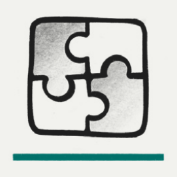Evidence Driven Change Making
Generating and championing actionable evidence that improves services to support family relationships
The REACH Plan: A five-year plan to find out what works to prevent domestic abuse & support child victims
Foundations launches project to understand how local authorities collect and report on use of Family Group Conferences, to help build a picture of access across England
Our priority Areas
Our work is primarily focused across five areas where we have the best opportunity and potential to make an impact in improving the lives of children and families.
Blog
May 8, 2024
The REACH Plan: Going further than ever before to prevent domestic abuse & support child victims
Blog
April 9, 2024
Holding our nerve: what the Sure Start findings tell us about how to deliver effective early intervention
- Strategy
The REACH Plan: A five-year plan to find out what works to prevent domestic abuse & support child victims
- Case Study, RPC Hub




